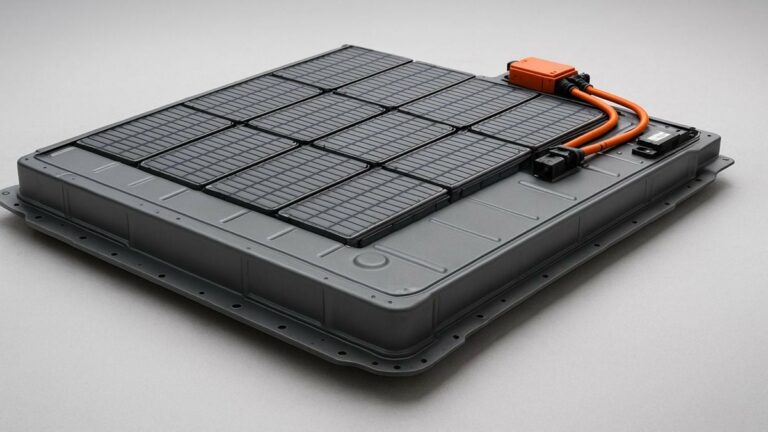Electric Vehicle Battery Technologies: A Comparative Analysis
The electric vehicle (EV) industry continues to evolve rapidly, with battery technology playing a crucial role in its development. Currently, three main types of battery technologies dominate the market: Lithium Nickel Manganese Cobalt Oxide (NMC), Lithium Iron Phosphate (LFP), and Lithium Nickel Cobalt Aluminum Oxide (NCA). Each has its advantages and disadvantages, influencing factors that influence on various factors such as energy density, safety, cost, and performance.
Current EV Battery Technologies
- Lithium Nickel Manganese Cobalt Oxide (NMC): NMC batteries are known for their high energy density and better charge retention. They are often preferred for long-range EVs. However, they require careful charging habits, typically not exceeding 80% charge for daily use.
- Lithium Iron Phosphate (LFP): LFP batteries are recognized for their safety, longevity, and cost-effectiveness. They can be charged to 100% without significant degradation and are suitable for daily driving within moderate distances. However, they offer lower energy density and performance compared to NMC batteries.
- Lithium Nickel Cobalt Aluminum Oxide (NCA): NCA batteries, used in some Tesla models, offer high energy density but come with their own set of challenges, including higher costs and ethical sourcing concerns regarding cobalt.
User Perspectives on Battery Chemistry
A recent Reddit discussion highlighted varying user experiences and opinions on battery chemistry. Some users, like decryption, noted that for most users, the difference between LFP and NMC may not be significant unless they use more than 80% of the battery daily. Others, like takentryanotheruser, preferred LFP for its convenience, as it can be charged to any level without the need to worry about maintaining it between 20% and 80% charge.

The Future of EV Batteries
The EV industry is on the cusp of significant advancements in battery technology. Solid-state batteries, for instance, promise to double the energy density of current lithium-ion batteries and offer faster charging times. Toyota is at the forefront of this technology, with plans to introduce solid-state batteries by 2027. Another promising technology is lithium-air batteries, which could potentially offer energy densities rivaling liquid fuels, though they are still in the early stages of development.

Choosing the Right EV for You
When selecting an electric vehicle, the choice between NMC and LFP battery technologies depends on your specific needs. If you prioritize longer range and better performance, NMC might be the better choice. However, if you are looking for a cost-effective solution for daily commutes within moderate distances, LFP could be more suitable.
In conclusion, understanding the nuances of EV battery technologies can help consumers make informed decisions. As the technology continues to evolve, we can expect even more efficient, safer, and affordable electric vehicles in the future.



